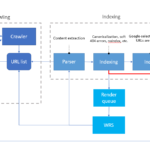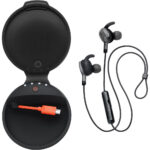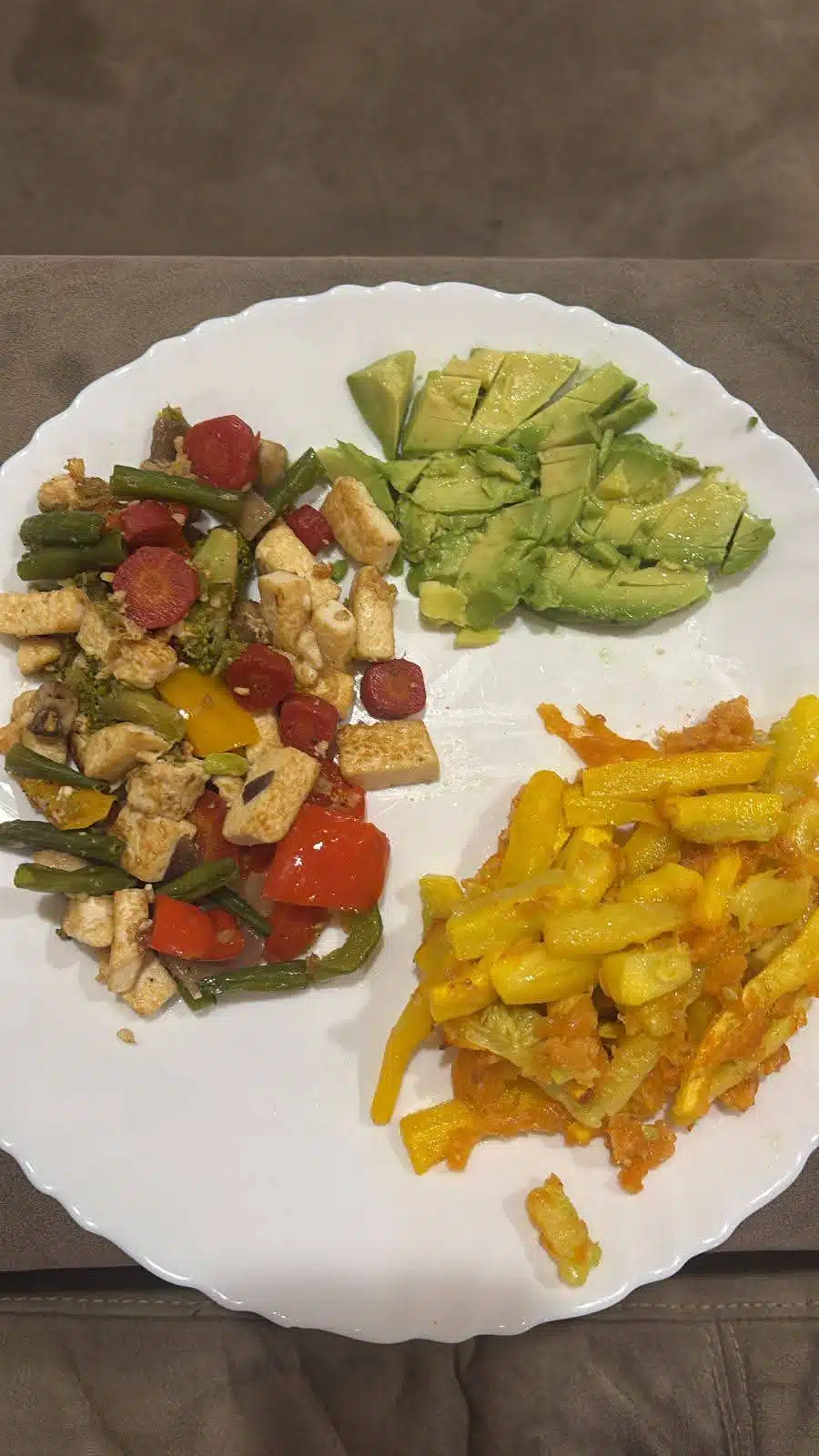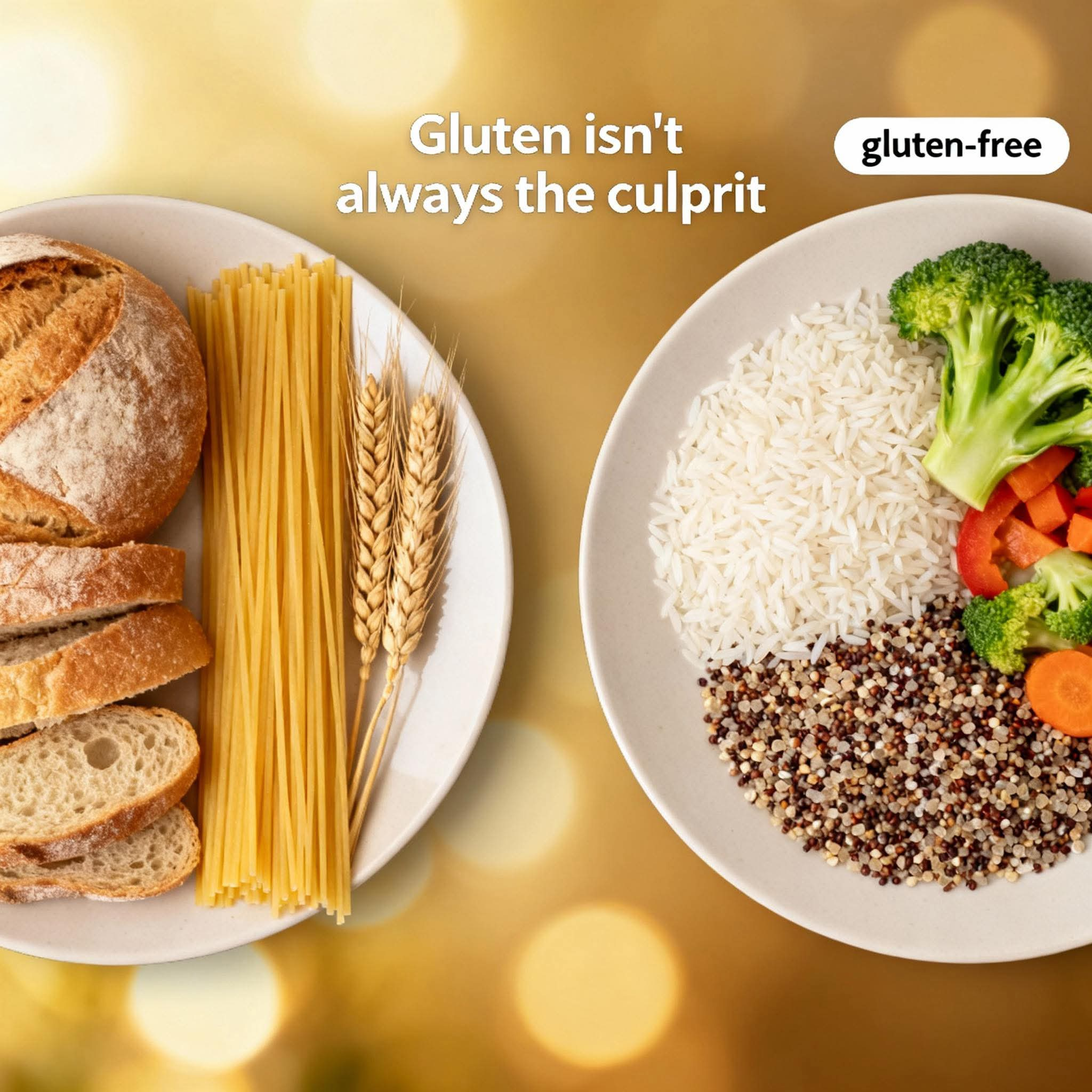Good Calories vs Bad Calories: Beyond the Numbers
By Sanghmitra Borah | Certified Nutrition and Fitness Coach
(INFS Certified | Fitness & Lifestyle Expert)
What Are Calories and Why Do They Matter?
A calorie is a unit of measurement used to indicate the amount of energy a food or drink provides when consumed. Your body requires calories to perform every function—from breathing and circulating blood to physical activity and mental concentration.
Every single cell in your body runs on energy derived from food. However, the source of those calories can significantly affect your metabolism, hormones, hunger, immunity, and even mental clarity.
This is where the concept of “calorie quality” comes into play.
Understanding the Concept of “Quality Calories”
Not all calories are created equal—even if they add up the same on paper.
Let’s say you’re consuming 2000 kcal a day:
- If most of it comes from processed snacks, sugary beverages, and fast food, you’re likely consuming “empty calories” that lack essential nutrients.
- If it comes from vegetables, lean proteins, whole grains, and healthy fats, you’re giving your body “quality calories”—nutrients that help it thrive.
The macronutrient and micronutrient content of your food, fiber intake, food processing level, and added sugars all contribute to how your body digests, absorbs, and utilizes those calories.
Why Counting Calories Isn’t Enough
Calorie-counting tools can be useful, but they don’t tell the full story. For example:
- 100 calories of almonds gives you healthy fats, fiber, and vitamins.
- 100 calories of soda gives you sugar and zero nutrition.
Even if both items contain the same number of calories, their impact on your body, satiety, blood sugar levels, and metabolism is vastly different.
Ask Yourself These 5 Key Questions
Before focusing solely on calorie numbers, check in with how your current eating habits are affecting your health:
- Are you recovering well after workouts?
➤ Poor recovery could mean insufficient protein, inadequate micronutrients, or inflammation from processed foods. - Are you constantly hungry or craving food?
➤ Low-fiber, high-sugar diets spike blood sugar and lead to frequent hunger. - Do you experience energy crashes during the day?
➤ Quality calories help sustain energy, while bad calories often lead to highs and lows. - Do you face frequent illnesses or feel run down?
➤ Lack of antioxidants, vitamins, and minerals can weaken immunity. - Are you experiencing any nutrient deficiencies (e.g., anemia, hair loss, brittle nails)?
➤ These are signs of poor diet quality—not necessarily calorie imbalance.
What Are Good Calories?
Good calories are calories that nourish, energize, and support bodily functions. These come from whole, minimally processed foods, which are high in nutrients and often naturally lower in calories per gram.
Examples of Good Calorie Sources:
- Lean Proteins: Eggs, chicken breast, turkey, tofu, lentils, fish
- Healthy Fats: Avocados, almonds, walnuts, chia seeds, extra virgin olive oil
- Complex Carbohydrates: Brown rice, oats, sweet potatoes, whole wheat, quinoa
- Fruits & Vegetables: Apples, berries, spinach, broccoli, carrots
These foods support:
- Hormonal balance
- Muscle building & repair
- Gut health
- Mental clarity
- Satiety (feeling full)
What Are Bad Calories?
Bad calories often come from foods that are:
- High in sugar
- Low in fiber
- Chemically processed
- High in trans fats or refined oils
- Addictive due to flavor enhancers or artificial ingredients
They provide little to no nutritional value and may lead to:
- Blood sugar spikes and crashes
- Increased fat storage
- Inflammation
- Digestive issues
- Increased risk of lifestyle diseases (obesity, diabetes, heart disease)
Examples of Bad Calorie Sources:
- Sugary drinks (cola, packaged fruit juices)
- Processed snacks (chips, biscuits, candies)
- White bread and refined grains
- Fast food and fried items
- Packaged desserts and pastries
How to Make Smart Calorie Choices
✅ 1. Eat Whole, Unprocessed Foods
Foods in their natural form contain more vitamins, fiber, and healthy fats. Aim for single-ingredient foods as often as possible.
✅ 2. Read Nutrition Labels
Learn how to interpret:
- Serving sizes
- Added sugars
- Sodium content
- Ingredients list (the fewer, the better)
Avoid items with:
- Hydrogenated oils
- High-fructose corn syrup
- Artificial colors & preservatives
✅ 3. Cook at Home Whenever Possible
Cooking at home gives you full control over:
- Ingredients
- Portion sizes
- Cooking methods (grilled vs fried)
It also helps reduce intake of hidden sugars, oils, and salt often found in restaurant meals.
✅ 4. Stay Hydrated
Water helps regulate appetite, improves digestion, and reduces cravings. Sometimes thirst is mistaken for hunger.
✅ 5. Limit Alcohol and Sugary Beverages
Alcohol and sweetened drinks are high in calories but offer no nutrition. They can impair judgment, slow metabolism, and increase fat storage.
Final Thoughts: Choose Calories That Count
Your body doesn’t just need energy—it needs nutrition.
A calorie-dense but nutrient-poor diet may leave you feeling tired, bloated, and nutritionally deprived. On the other hand, nutrient-rich “good calories” can boost your immunity, support lean muscle mass, improve brain function, and promote fat loss naturally.
Focus on eating smarter, not just eating less.
About the Author
Sanghmitra Borah is an INFS-certified nutrition and fitness coach who helps individuals simplify healthy living and develop sustainable habits. With a science-backed, no-fad approach to wellness, she focuses on practical strategies that fit real-life routine.
SEO Keywords to Target:
- good calories vs bad calories
- what are good calories
- difference between good and bad calories
- nutrient-dense food examples
- quality calories vs empty calories
- healthy eating habits
- processed food vs whole food
- calorie quality not quantity
- Sanghmitra Borah nutrition coach









